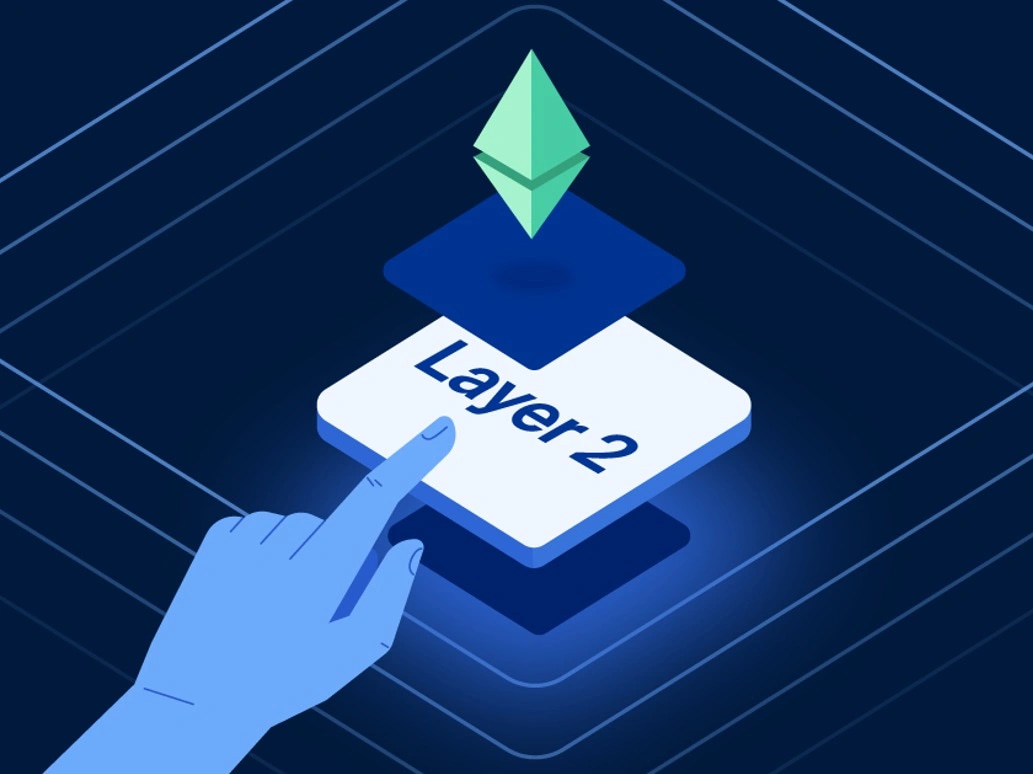Key Takeaways
- Crypto gaming tokens continue to underperform despite a broader market rally, reflecting broken trust and scattered investment.
- Using established IP may offer a solution, lowering user acquisition costs and giving small studios a competitive edge.
- SaruTobi’s return with Bitcoin microtransactions shows how small, fun games can still push boundaries in Web3 gaming.
As Bitcoin and Ethereum roar to new heights, gaming-related tokens are seeing modest gains but remain well behind the broader crypto rally. Industry insiders say a credibility gap, fractured attention, and missed expectations continue to stall momentum in Web3 gaming.
Credibility Crisis Clouds Blockchain Gaming
Seva, co-founder of MMORPG Calamity, bluntly summarized the situation: “Trust is broken. Too many raised millions, delivered zero.” In a recent post on X, Seva highlighted how this breach of trust has created a short-term, profit-seeking mindset among investors and gamers. “Believers are tired. No wins, just waiting,” he added.
According to Seva, attention and capital are too “spread thin” across countless projects, preventing meaningful growth or breakout successes in the sector.
Also read: Erik Menendez Faces Third Surgery Ahead of Parole Hearing After 30+ Years in Prison
Minor Gains, Major Disappointment
While top tokens like Ronin (RON), Beam (BEAM), and Axie Infinity (AXS) have risen between 6–10% in the past week, these gains pale in comparison to altcoins like Tezos (XTZ) (+67.73%) and Ethena (ENA) (+47.45%). This underperformance has left many questioning whether the Web3 gaming narrative is dead—or simply delayed.
Crypto commentator RandCorp mocked the frustration of “Web3 gaming bros” on social media, calling it a lesson in “opportunity cost.” But others, like gaming analyst Camol, remain optimistic, suggesting digital ownership in gaming still holds strong potential this cycle.
IP Strategy May Hold the Key
Improbable CEO Herman Narula argues the industry is failing in part because it’s too focused on originality instead of leveraging popular IPs. “IP reduces the cost of user acquisition a lot,” Narula said. Franchises like Bond, Jurassic Park, or Avengers can immediately draw players, making marketing more cost-effective.
He noted that it now costs developers up to $40 in advertising just to attract a user to download a free-to-play game—an unsustainable model for smaller studios. However, IP owners are becoming more open to licensing, creating opportunities even for small teams.
Animoca Brands has taken this route, partnering with ITV and The Sandbox to bring reality shows like Love Island and The Voice into the metaverse. A Peaky Blinders game is also scheduled for a 2026 release.
SaruTobi Returns With Real Bitcoin Rewards
One success story in crypto gaming comes from the re-release of SaruTobi, a simple mobile game where players earn real Bitcoin via the Lightning Network. After being banned in 2015, it returned this month as the first Apple-approved game with Bitcoin microtransactions.
Thanks to ZBD’s Lightning integration, players can now earn sats by flinging a monkey across the jungle—a nostalgic and symbolic victory for Bitcoin in gaming.
Disclaimer: The information in this article is for general purposes only and does not constitute financial advice. The author’s views are personal and may not reflect the views of GameDegen.com. Before making any investment decisions, you should always conduct your own research. GameDegen.com is not responsible for any financial losses.



